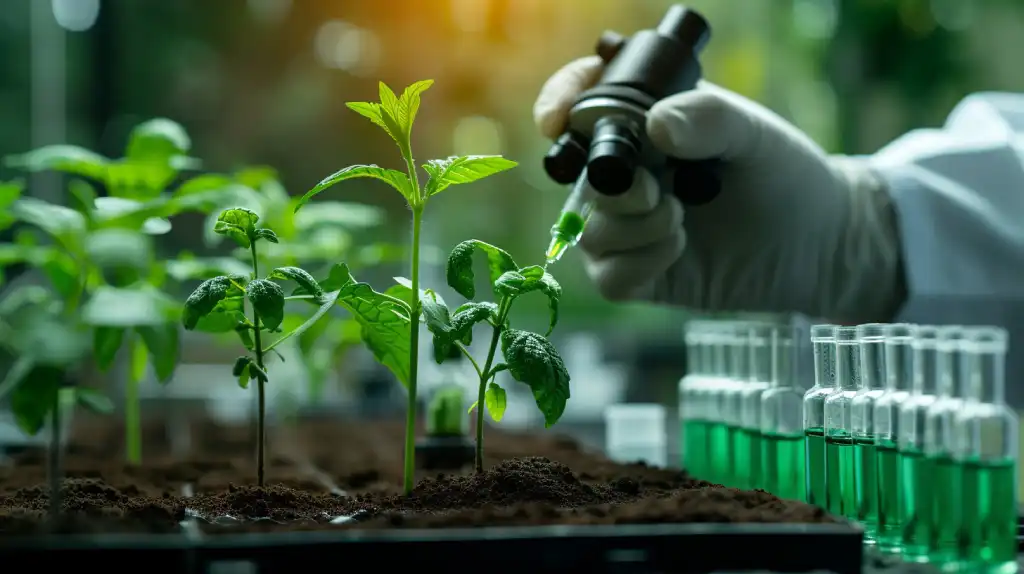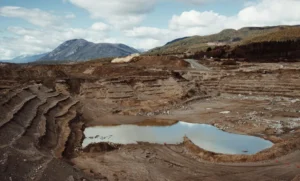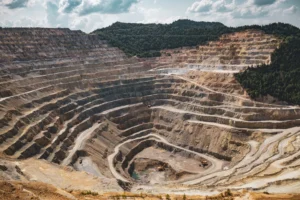The Use of Biotechnology can Lead To An Increase In Soil Conservation Practices by developing crop varieties with improved resistance to pests and diseases, reducing the need for harmful chemicals that degrade soil health.
Recent studies have shown that biotechnology can importantly impact soil conservation. Specifically, the beginning of genetically modified crops has led to a 30% reduction in pesticide usage, which helps maintain soil quality.
Biotechnology has been crucial in increasing crop yields by approximately 20%, assuring that agricultural lands are used more efficiently.
Also, over 40% of degraded lands have been rehabilitated using biotechnological methods, presenting the potential of these inventions in protecting soil health.
How Can The Use of Biotechnology Lead To An Increase In Soil Conservation Practices?

Biotechnology holds big potential for boosting soil conservation by creating crop varieties naturally resistant to pests and diseases, greatly reducing reliance on harmful chemicals that degrade soil health.
It can develop beneficial microorganisms that improve soil structure, fertility, and water retention, promoting healthier soil ecosystems and sustainable farming practices.
Also, biotechnological tools can monitor soil health.
By understanding soil microbiomes, biotechnology can develop strategies to refine microbial communities for improved soil function and ecosystem services.
Biotechnology offers potential solutions to deal with urgent soil degradation challenges and secure long-term agricultural sustainability.
Biotechnology and Agriculture
Biotechnology involves the application of biological systems and organisms to develop products and processes beneficial for various sectors, including agriculture.
In the context of soil conservation, biotechnology is relevant because it offers innovative solutions to maintain and restore soil health.
Methods such as genetic modification, biofertilizers, and bioremediation are examples of how biotechnology can deal with soil degradation issues, improve crop resilience, and promote sustainable farming methods.
Biotechnology also contributes to natural resource conservation by developing drought-resistant crops, renewable biofuels, and bioremediation techniques.
How Biotechnology Can Improve Soil Conservation

1. Improved Crop Varieties:
- Developing crops with improved drought tolerance, salinity resistance, and heat resilience can reduce the need for intensive irrigation and land clearing.
- Creating crop varieties with natural pest and disease resistance reduces the use of chemical pesticides, preserving soil biodiversity and structure.
- Engineering crops with deeper root systems can improve soil aeration, water infiltration, and nutrient uptake, improving soil health.
2. Microbial Innovations:
- Developing nitrogen-fixing bacteria can reduce the reliance on synthetic fertilizers, preserving soil structure and preventing nutrient runoff.
- Creating microorganisms that decompose organic matter more efficiently can boost nutrient cycling and improve soil fertility.
- Improving the population of beneficial soil microbes can control harmful pathogens, reducing the need for chemical treatments.
3. Precision Agriculture:
- Using biotechnology to monitor soil health parameters (e.g., moisture, nutrient levels, pH) can improve fertilizer and water application, preventing nutrient leaching and soil erosion.
- Developing sensors to detect early signs of pest and disease outbreaks allows for targeted interventions, reducing the use of broad-spectrum pesticides.
By leveraging the power of biotechnology, it is possible to create more sustainable and resilient agricultural systems that protect and improve soil resources for future.
Biotechnology's Role in Soil Health
Biotechnology plays a critical role in improving soil fertility and structure by introducing beneficial microorganisms and developing crops with boosted qualities.
These biotechnological progresses help maintain soil health by promoting nutrient cycling, reducing the need for artificial fertilizers, and increasing organic matter in the soil.
Also, biotechnology improves cash crop production through increased yield, disease resistance, improved nutritional value, and extended shelf life.
Practical Applications
For farmers, adopting biotechnological tools such as GMOs and biofertilizers can lead to more sustainable practices by reducing the need for chemical inputs and improving soil health.
It is crucial for farmers to receive training on the safe use of these technologies to increase benefits.
Policymakers should focus on creating supportive regulations that facilitate research and the safe deployment of biotechnological innovations, assuring they are reachable and beneficial to the agricultural community.
Examples
One notable example is the use of Bt cotton in India, which has led to a big decrease in pesticide use, benefiting both the environment and farmers’ health.
Another case is the application of biofertilizers in Brazilian agriculture, which has improved soil fertility and crop yields while reducing chemical fertilizer dependence.
These examples show the practical benefits and effectiveness of biotechnology in promoting soil conservation and sustainable agriculture.
Final Thoughts
Biotechnology boosts soil conservation by creating resistant crops, beneficial microbes, and precision tools, reducing chemical use and improving soil health.
The adoption of GMOs, biofertilizers, and bioremediation techniques has already shown positive results in various regions, showing the potential for wider usage.
As agricultural challenges grow, biotechnology stands as a crucial tool in securing food production and protecting environmental health, paving the way for a more sustainable future in farming.




